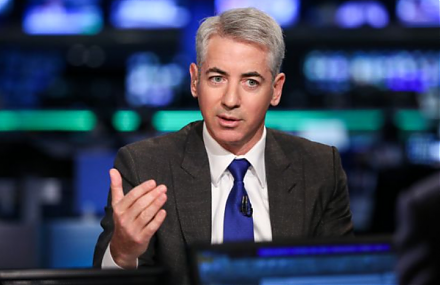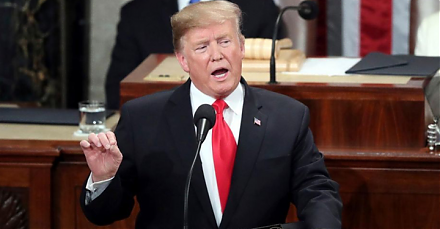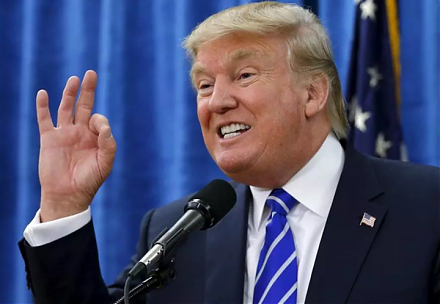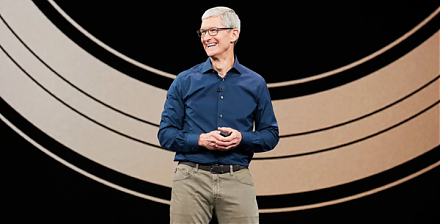

2018-08-07 07:33:00 Tue ET
treasury deficit debt employment inflation interest rate macrofinance fiscal stimulus economic growth fiscal budget public finance treasury bond treasury yield sovereign debt sovereign wealth fund tax cuts government expenditures
President Trump sounds smart when he comes up with a fresh plan to retire $15 trillion national debt. This plan entails taxing American consumers and producers when they buy goods and services from countries subject to his tariffs. The taxes involve steel and aluminum taxes on western allies such as Canada, Europe, and Mexico as well as another 25% tariffs on $200 billion Chinese imports.
However, math seems to be on the other side of this healthy trade debate.
For the fiscal year 2018, the U.S. Congressional Budget Office projects the federal budget deficit to be $800 billion. The Office of Management and Budget projects an even higher deficit of $1 trillion in 2019. In other words, it is difficult for the Trump administration to remain fiscally neutral due to large infrastructure expenditures, tax cuts, trade barriers, and capital investment restrictions. The new Trump tariffs may bring in $100 billion in light of stable macroeconomic demand for imports from Canada, China, Europe, and Mexico.
In this negative light, the Trump administration may not be able to curtail the current budget deficit. In order for the Trump administration to balance the U.S. budget, it would require imposing 40% tariffs on almost all $2 trillion imports. The American dream of total national debt elimination thus seems remote.
In the alternative positive light, it is still plausible for the Trump administration to attain fiscal neutrality in the medium term. If the Trump administration successfully boosts 2.5% real GDP economic growth to 3% or above by 2020, the annual U.S. fiscal revenue may increase from $4.5 trillion to $5.4 trillion. The additional $900 billion fiscal intake can then offset the current U.S. budget deficit. In other words, these pro forma calculations suggest that whether Trump can keep his promise to retire national debt depends on medium-term real GDP economic revival.
Overall, 3%+ real GDP economic growth determines whether President Trump can fulfill his economic MAGA mantra.
If any of our AYA Analytica financial health memos (FHM), blog posts, ebooks, newsletters, and notifications etc, or any other form of online content curation, involves potential copyright concerns, please feel free to contact us at service@ayafintech.network so that we can remove relevant content in response to any such request within a reasonable time frame.
2019-01-03 10:38:00 Thursday ET

American parents often worry about money and upward mobility for their children. A recent New York Times survey suggests that nowadays American parents spen
2019-07-27 17:37:00 Saturday ET

Capital gravitates toward key profitable mutual funds until the marginal asset return equilibrates near the core stock market benchmark. As Stanford finance
2019-03-05 10:40:00 Tuesday ET

We may need to reconsider the new rules of personal finance. First, renting a home can be a smart money move, whereas, buying a home cannot always be a good
2019-02-06 10:36:49 Wednesday ET

President Trump delivers his second state-of-the-union address to U.S. Congress. Several key themes emerge from this presidential address. First, President
2018-06-03 07:35:00 Sunday ET

Several recent events explain why Trump may undermine multilateral world order. First, Trump withdraws the U.S. from the 12-nation Trans-Pacific Partnership
2018-06-11 07:44:00 Monday ET

Facebook, Apple, Amazon, Netflix, and Google (FAANG) have been the motor of the S&P 500 stock market index. Several economic media commentators contend